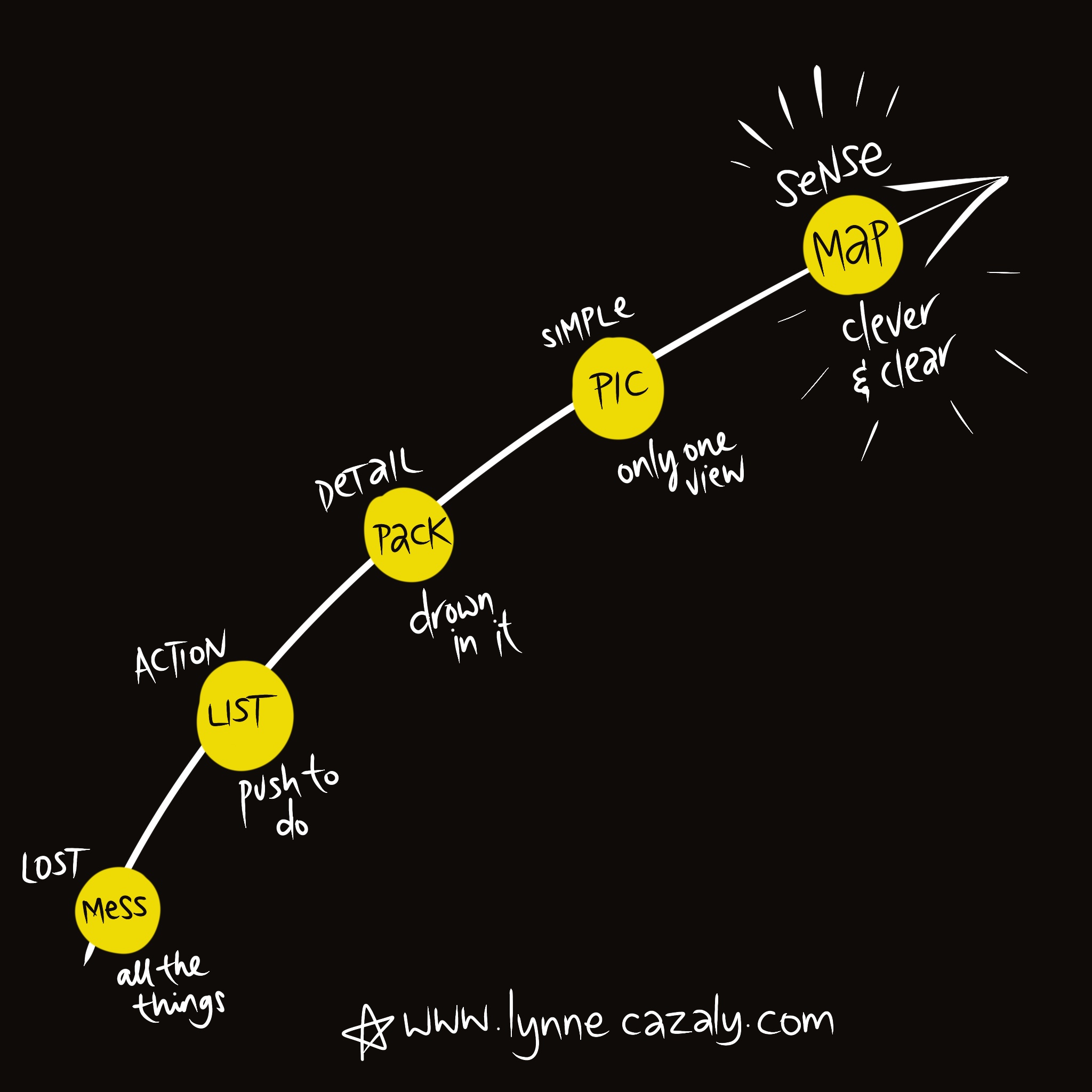Overloaded before we start work
 Monday, March 2, 2020 at 11:10AM
Monday, March 2, 2020 at 11:10AM  Most of us have experienced the feelings of overwhelm and information overload ... just thinking about our 'to do’ list can cue overwhelm.
Most of us have experienced the feelings of overwhelm and information overload ... just thinking about our 'to do’ list can cue overwhelm.
A group I worked with last week, (boosting cognitive load coping skills + how to deal with information overload) explained how they listen to podcasts, audio books, interviews and radio programs on their daily commutes to work.
There’s nothing wrong with this. It’s entertaining and educational and a great use of time.
What we need to be aware of is how we fill up our sponge or tank with content and information that we absorb, synthesize and digest. Because then we arrive at work and are faced with even more content and information to absorb, synthesize and digest!
Aargh!
No wonder overload comes a’ knocking!
Cognitive overload happens rapidly or g-r-a-d-u-a-l-l-y. It's possible we could be overloaded before the work day begins, or soon after we get started at work.
Our indicator rises to ‘full’; there's just no capacity to add much more.
An answer? Allow a buffer, like half-time in a sporting event. Allow neutral time where you’re taking in nothing. Nothing. It helps "release the load".




















